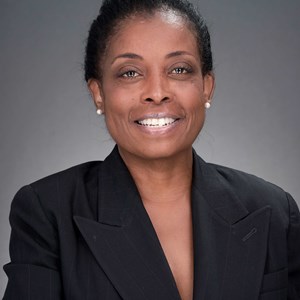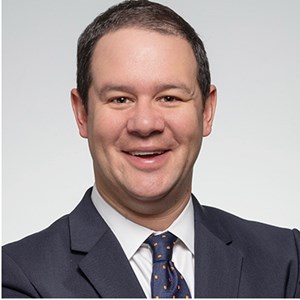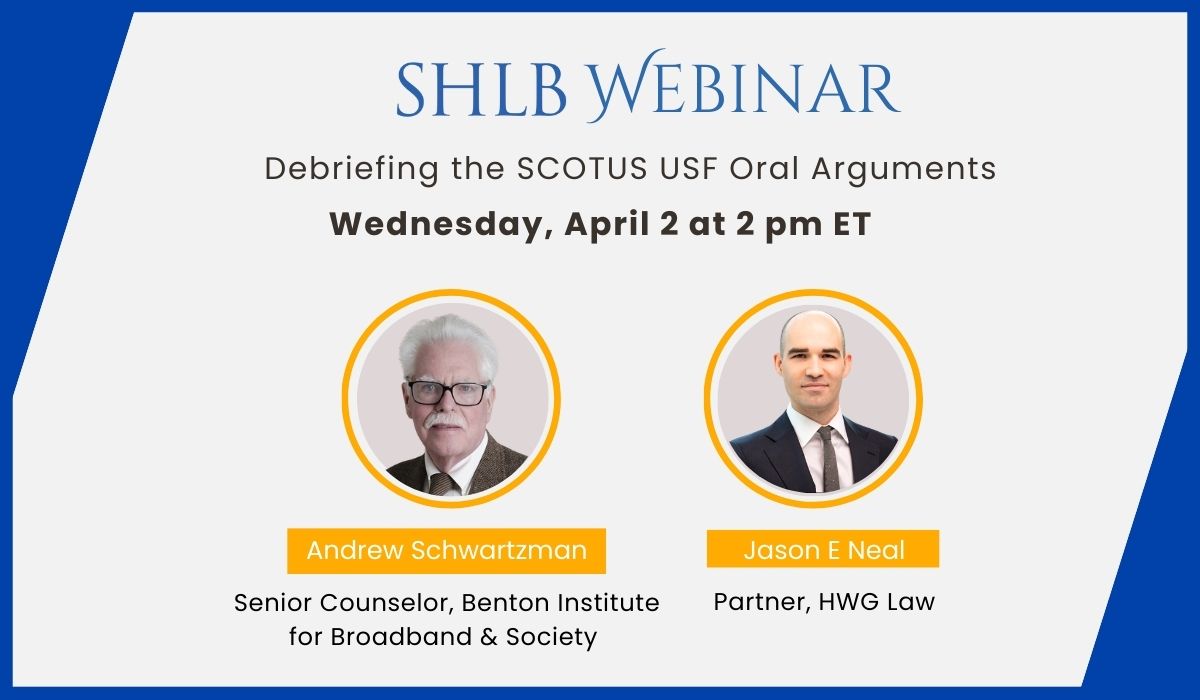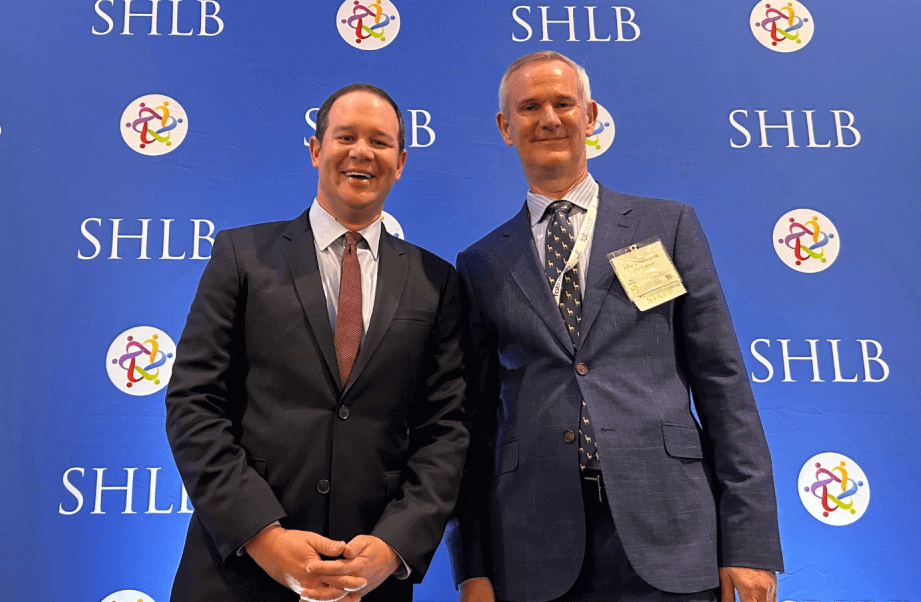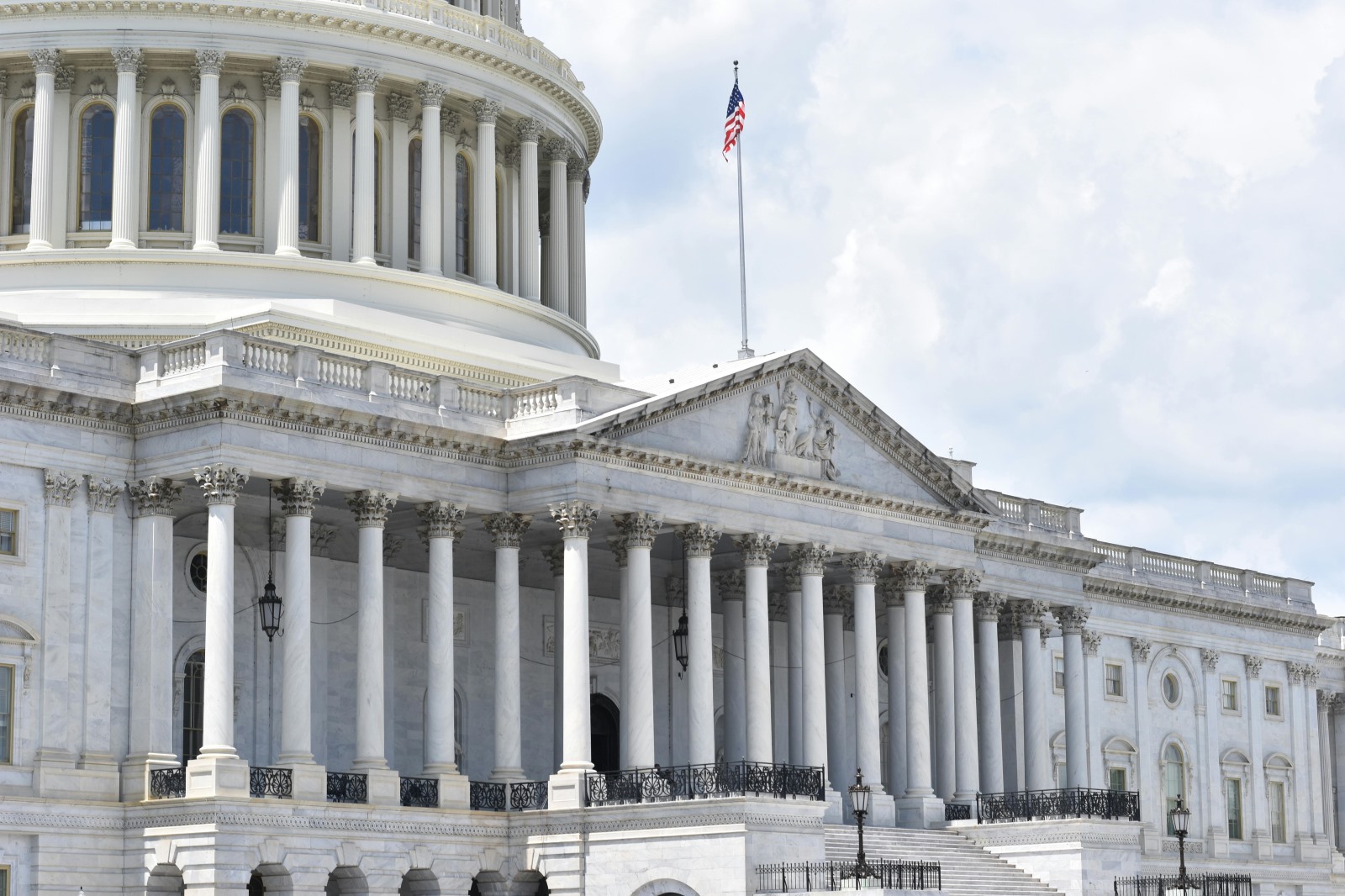SHLB Coalition Board of Directors
-
Philip Neufeld
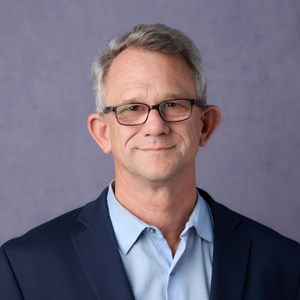 Executive Officer, Technology Services Fresno Unified School District (559)250-7442SHLB Board Chairperson
Executive Officer, Technology Services Fresno Unified School District (559)250-7442SHLB Board Chairperson -
Lauren Moore
 Assistant Commissioner for Libraries and State Librarian New York State Library (518)486-4865SHLB Board Vice Chairperson
Assistant Commissioner for Libraries and State Librarian New York State Library (518)486-4865SHLB Board Vice Chairperson -
-
-
Ty Beauchamp
 Integrated Library Systems Manager Harris County Public Library (713)274-6652SHLB Board Member
Integrated Library Systems Manager Harris County Public Library (713)274-6652SHLB Board Member -
Charlotte Bewersdorff
 VP, Community Engagement Merit Network (734)476-7044SHLB Board Member
VP, Community Engagement Merit Network (734)476-7044SHLB Board Member -
Carrie Coogan
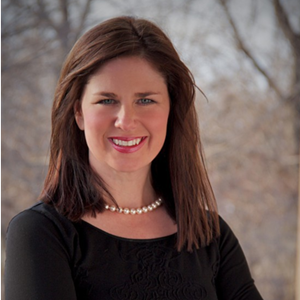 Deputy Director Kansas City Public Library (KCPL) (816)701-3514SHLB Board Member
Deputy Director Kansas City Public Library (KCPL) (816)701-3514SHLB Board Member -
Tracy Doaks
 President & CEO North Carolina Research and Education Network (MCNC) (919)248-8400SHLB Board Member
President & CEO North Carolina Research and Education Network (MCNC) (919)248-8400SHLB Board Member -
-
-
Kitty O'Connor
 Chief of Staff United Data Technologies, Inc. (202)536-8087SHLB Board Member
Chief of Staff United Data Technologies, Inc. (202)536-8087SHLB Board Member -
Angela Siefer
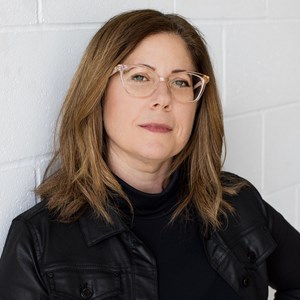 Executive Director National Digital Inclusion Alliance (NDIA) (614)537-3057SHLB Board Member
Executive Director National Digital Inclusion Alliance (NDIA) (614)537-3057SHLB Board Member -
Michael Wallace
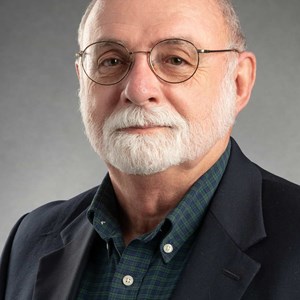 Assistant Director UAMS e-Link UAMS e-Link (501)350-4128SHLB Board Member
Assistant Director UAMS e-Link UAMS e-Link (501)350-4128SHLB Board Member -
D'Andre Weaver
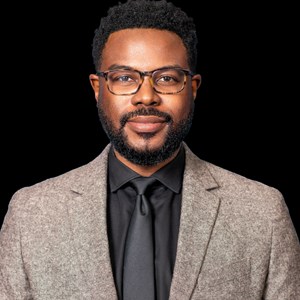 Chief Digital Equity Officer Digital Promise (773)354-1641SHLB Board Member
Chief Digital Equity Officer Digital Promise (773)354-1641SHLB Board Member -
Luis Wong
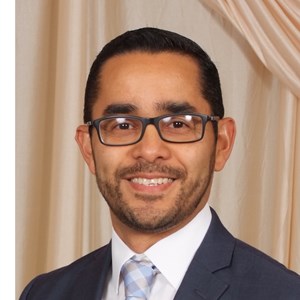 Chief Executive Officer - Network Initiatives California K12 High Speed Network (760)312-6158SHLB Board Member
Chief Executive Officer - Network Initiatives California K12 High Speed Network (760)312-6158SHLB Board Member -
Rogelio Zambrano
 Director, Network Engineering & Cybersecurity Los Angeles County Office of Education (LACOE) (562)922-6127SHLB Board Member
Director, Network Engineering & Cybersecurity Los Angeles County Office of Education (LACOE) (562)922-6127SHLB Board Member -


